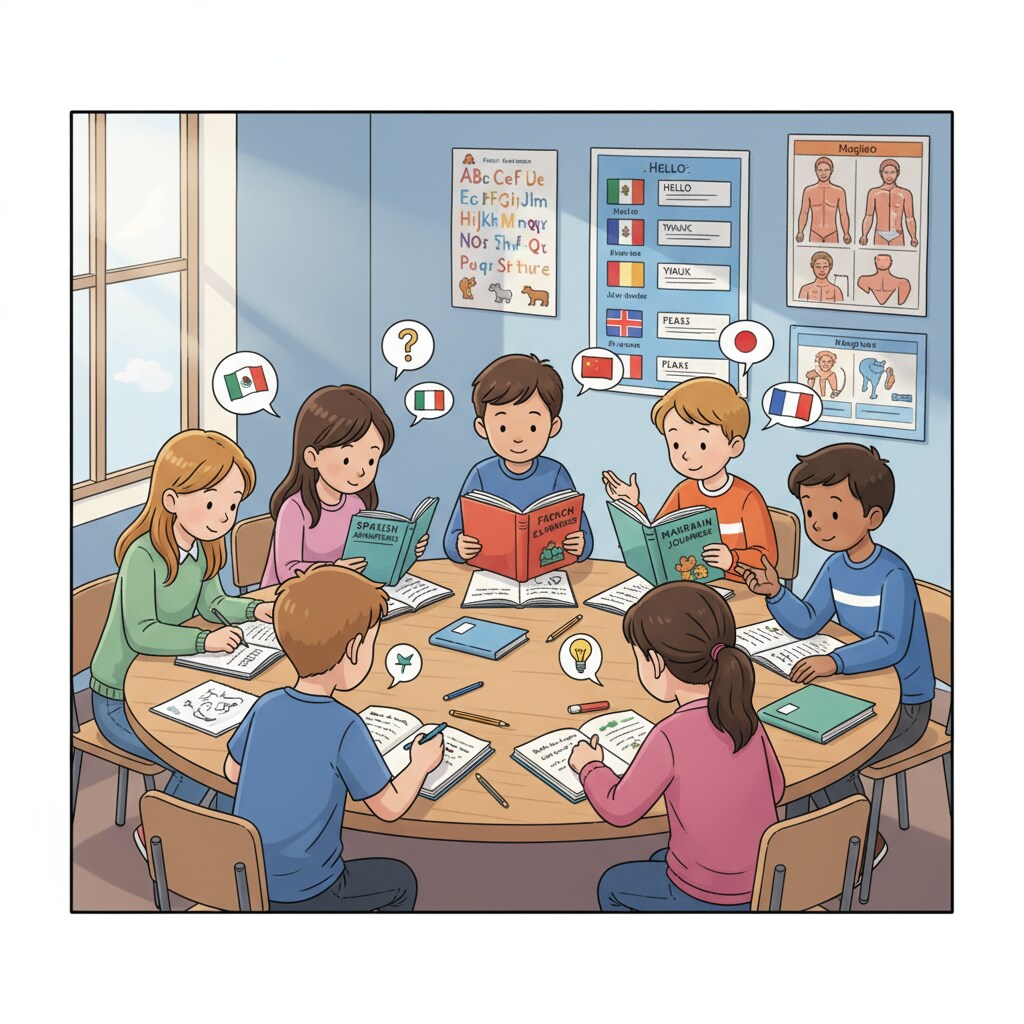Language learning, knowledge value, and worldview are intricately connected aspects in the realm of education, especially for K12 students. Language learning is not merely about memorizing vocabulary and grammar rules; it serves as a powerful portal that unlocks new dimensions of knowledge and shapes a broader worldview.

The Gateway to Diverse Knowledge
Language is the vehicle through which knowledge is transmitted. When K12 students embark on the journey of learning a new language, they gain access to a vast reservoir of information that was previously inaccessible. For example, reading classic literature in its original language provides insights into the cultural, historical, and philosophical nuances that are often lost in translation. This exposure to different knowledge systems enhances students’ understanding of various subjects, from history and science to art and literature. As a result, language learning significantly boosts the knowledge value that students can acquire during their K12 years.

Shaping Global Worldviews
Each language is deeply rooted in a specific culture, and learning a new language is like stepping into a different cultural world. K12 students who engage in language learning are exposed to diverse ways of thinking, social norms, and values. This exposure helps them develop a more inclusive and global worldview. By interacting with native speakers or studying cultural aspects of the language, students learn to appreciate and respect differences. For instance, learning Spanish might introduce students to the vibrant traditions of Latin American countries, fostering an open-minded perspective. Thus, language learning plays a crucial role in shaping students’ worldviews during their formative K12 years.
Moreover, language learning also enhances students’ communication skills, which are essential for building relationships across cultures. In an increasingly interconnected world, the ability to communicate effectively in multiple languages opens doors to international opportunities. Whether it’s participating in exchange programs or collaborating on global projects, language proficiency gained during K12 can give students a competitive edge. Language learning on Wikipedia provides further insights into the various aspects of language acquisition.
In conclusion, language learning in K12 education is far more than just a subject in the curriculum. It is a transformative experience that enriches students’ knowledge value and broadens their worldviews. By investing in language learning, K12 students are not only equipping themselves with practical skills but also opening the door to a world of endless possibilities. Language education on Britannica offers comprehensive information on the importance of language learning in education.
Readability guidance: This article uses short paragraphs to clearly present ideas. Each H2 section provides a focused discussion. The passive语态 is minimized, and most sentences are in the active voice. Transition words like ‘for example’, ‘as a result’, and’moreover’ are used to enhance the flow of the text, making it easier for readers to follow the argument.


